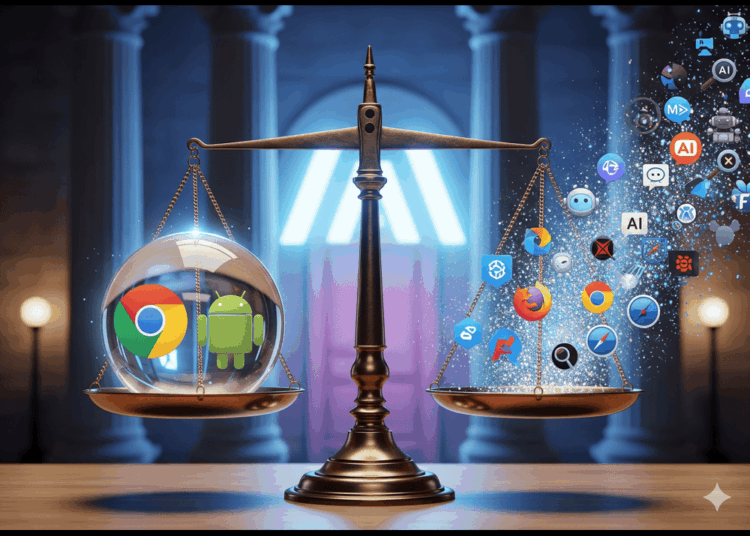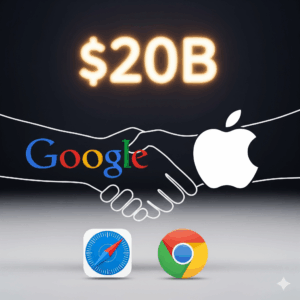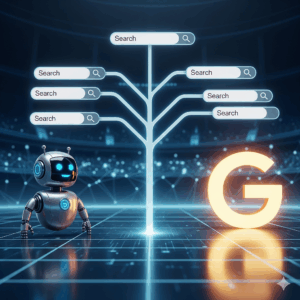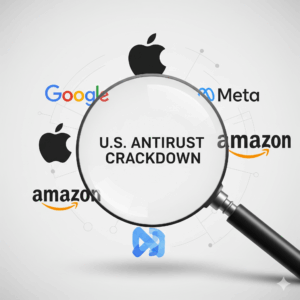Google Avoids Chrome Sale in Major Antitrust Ruling
Google has secured a partial victory in its long-running antitrust case with U.S. regulators. A federal judge ruled on Tuesday that the tech giant will not be forced to sell its Chrome browser or Android operating system—two of its most profitable and strategically important assets. However, the ruling also requires Google to share critical search data with competitors, a move that could reshape the online search and advertising market.
Shares of Google’s parent company, Alphabet (NASDAQ: GOOGL), surged by 7.2% in extended trading following the decision. Apple (NASDAQ: AAPL), which benefits from revenue-sharing agreements with Google, also saw its stock rise by 3%.
U.S. District Judge Amit Mehta, who has presided over the case for five years, acknowledged that Google holds an illegal monopoly in online search and advertising but opted for remedies that stop short of breaking up the company.
Judge Balances Remedies with Market Shifts
In his ruling, Judge Mehta emphasized caution, noting that the rapid rise of artificial intelligence has already introduced new competition to Google’s dominance. He highlighted that AI-powered platforms such as OpenAI’s ChatGPT are disrupting the traditional search landscape at a pace not seen in decades.
“The money flowing into this space, and how quickly it has arrived, is astonishing,” Mehta wrote, pointing to AI firms as better positioned to challenge Google than traditional search engine rivals ever were.
Still, the requirement for Google to share search data is expected to help AI developers and competing search providers strengthen their services, potentially accelerating competition in the digital ecosystem.
Google–Apple Deal Stays Intact
One of the most closely watched aspects of the case was Google’s lucrative deal with Apple. Google currently pays Apple an estimated $20 billion annually to remain the default search engine on Safari and other Apple devices.
The court allowed Google to continue these payments, saying such agreements are less problematic in an environment where AI-driven tools are already eroding Google’s primacy in search. The decision was a relief not only for Google but also for Apple and other device manufacturers that rely on revenue-sharing agreements.
Impact on Rivals and Device Makers
While Google avoided structural remedies like divesting Chrome or Android, the judge barred the company from enforcing exclusive contracts that blocked rival search engines. This change makes it easier for smartphone makers and wireless carriers to preload apps from Google’s competitors.
In fact, Google had already started relaxing some of its deals with manufacturers like Samsung, Motorola, AT&T, and Verizon, allowing them to introduce rival search options.
Google Faces Ongoing Legal Battles
Although this ruling gives Google temporary relief, it is far from the end of its legal troubles. The company remains under scrutiny in multiple markets:
-
App Store Monopoly: Google is appealing a decision in favor of Epic Games, which requires changes to its app store practices.
-
Ad Tech Monopoly: Later this month, Google faces another trial over its dominance in advertising technology, where the Justice Department has already found it holds illegal monopolies.
These cases are part of a broader U.S. crackdown on Big Tech, involving parallel lawsuits against Apple, Amazon, and Meta Platforms.
Google’s Response and Next Steps
In a blog post, Google expressed concerns about the privacy implications of forced data-sharing with rivals and confirmed it is reviewing the ruling closely. The company is expected to file an appeal, potentially dragging the case to the U.S. Supreme Court.
Legal experts suggest Judge Mehta’s remedies were carefully designed to withstand Supreme Court scrutiny. “Judge Mehta is aware that the Supreme Court is the likely final destination for the case, and he has chosen remedies that stand a good chance of acceptance,” said William Kovacic, director of the competition law center at George Washington University.
For now, the ruling means Google can keep its crown jewels—Chrome and Android—but must brace for growing competition fueled by AI and its own shared data.
👉 Stay ahead of business and tech insights with IMPAAKT, the top business magazine for global leaders.














